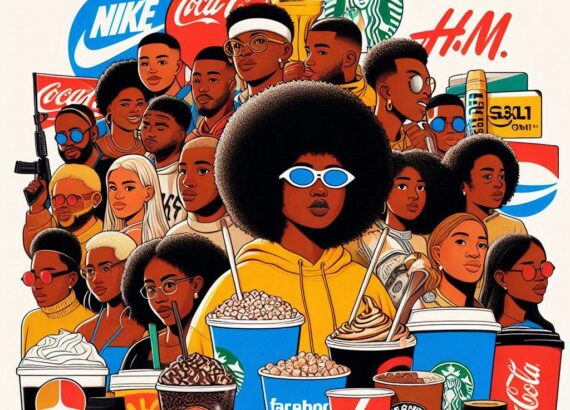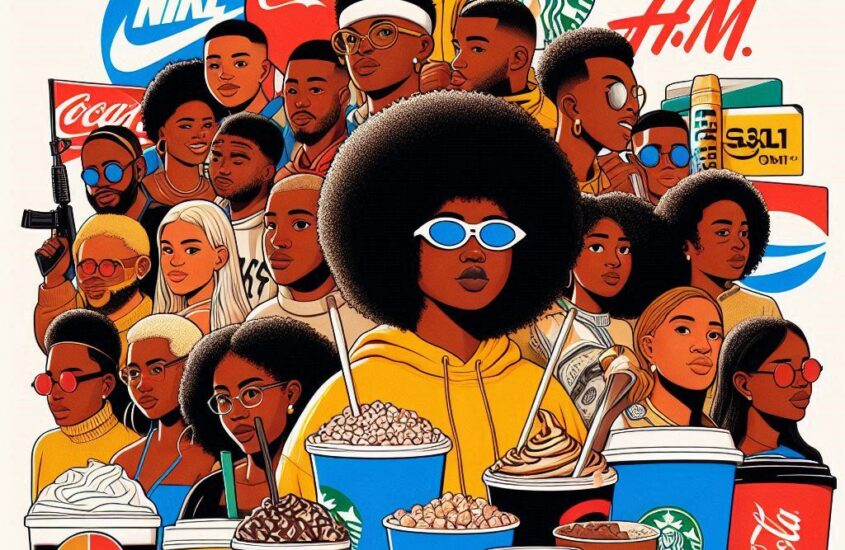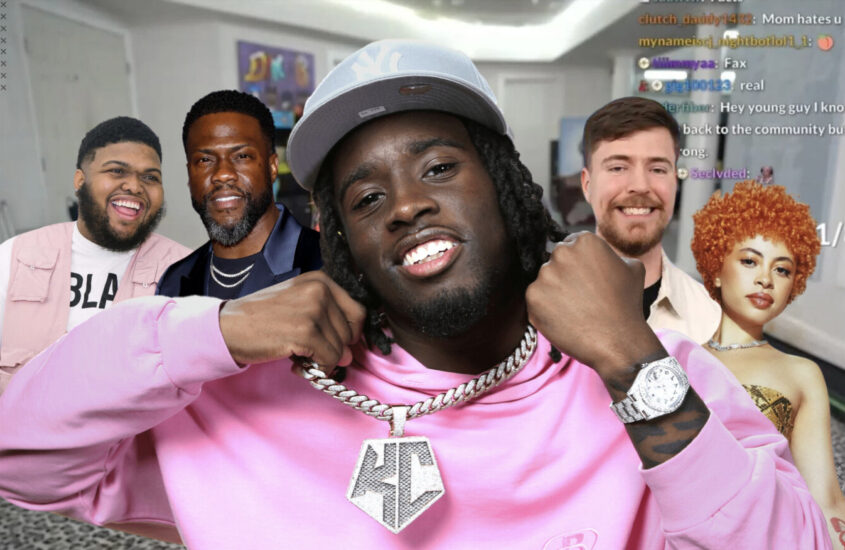
In the intricate dance of consumer behavior, a paradox emerges: Why do Black people continue to support brands that, at times, harbor animosity toward them? This question delves into the interplay of identity, marketing, and societal dynamics. Let’s explore this phenomenon, weaving in the stories of specific brands that intersect with this complex narrative.
The Power of Familiarity: Nike and Coca-Cola
Black consumers actively choose to stick with familiar brands like Nike and Coca-Cola, despite evidence of discriminatory practices. These brands have integrated themselves deeply into the fabric of their lives, from iconic sneakers to nostalgic soda ads, creating an emotional connection that overrides rational critique.
The Illusion of Inclusivity: Starbucks and H&M
Brands often tout diversity and inclusion initiatives, showcasing Black models, sponsoring Black History Month events, and using culturally relevant imagery. For example, Starbucks and H&M create an illusion of support, even if their underlying corporate practices remain unchanged. Black consumers, yearning for representation, may embrace this façade.
Economic Realities: Walmart and McDonald’s
Black communities often face economic disparities, making it challenging to support Black-owned businesses due to limited options or higher costs. Therefore, Black consumers navigate a delicate balance, advocating for change while making pragmatic choices for their immediate needs, often involving brands like Walmart and McDonald’s.
The Hope for Change: Ben & Jerry’s and Target
Despite challenges, Black consumers persistently push for change within established brands, believing that their collective voice can drive transformation. Brands like Ben & Jerry’s, with its social justice stances, and Target, with its community initiatives, are prime examples of this ongoing effort to bring about change.
The Burden of Representation: Fenty Beauty and BET
Black consumers bear the weight of representation, with their choices signaling broader messages about identity, pride, and resilience. By supporting brands—even imperfect ones—such as Fenty Beauty and BET (Black Entertainment Television), they pave the way for future generations.
The Call for Authentic Allyship: Facebook and Amazon
Brands must acknowledge their shortcomings and actively work toward change. Authentic allyship requires more than marketing slogans; it demands systemic shifts. Black consumers deserve genuine respect, fair treatment, and meaningful engagement from brands like Facebook and Amazon, prompting these companies to face scrutiny in this regard.
Navigating the Paradox
In the face of adversity, Black consumers navigate a paradox: loyalty to brands that may not reciprocate. By recognizing the agency, resilience, and hope that underpin their choices, we can work towards holding brands accountable, amplifying Black voices, and fostering true partnerships. This highlights the path forward in addressing these complex dynamics.









